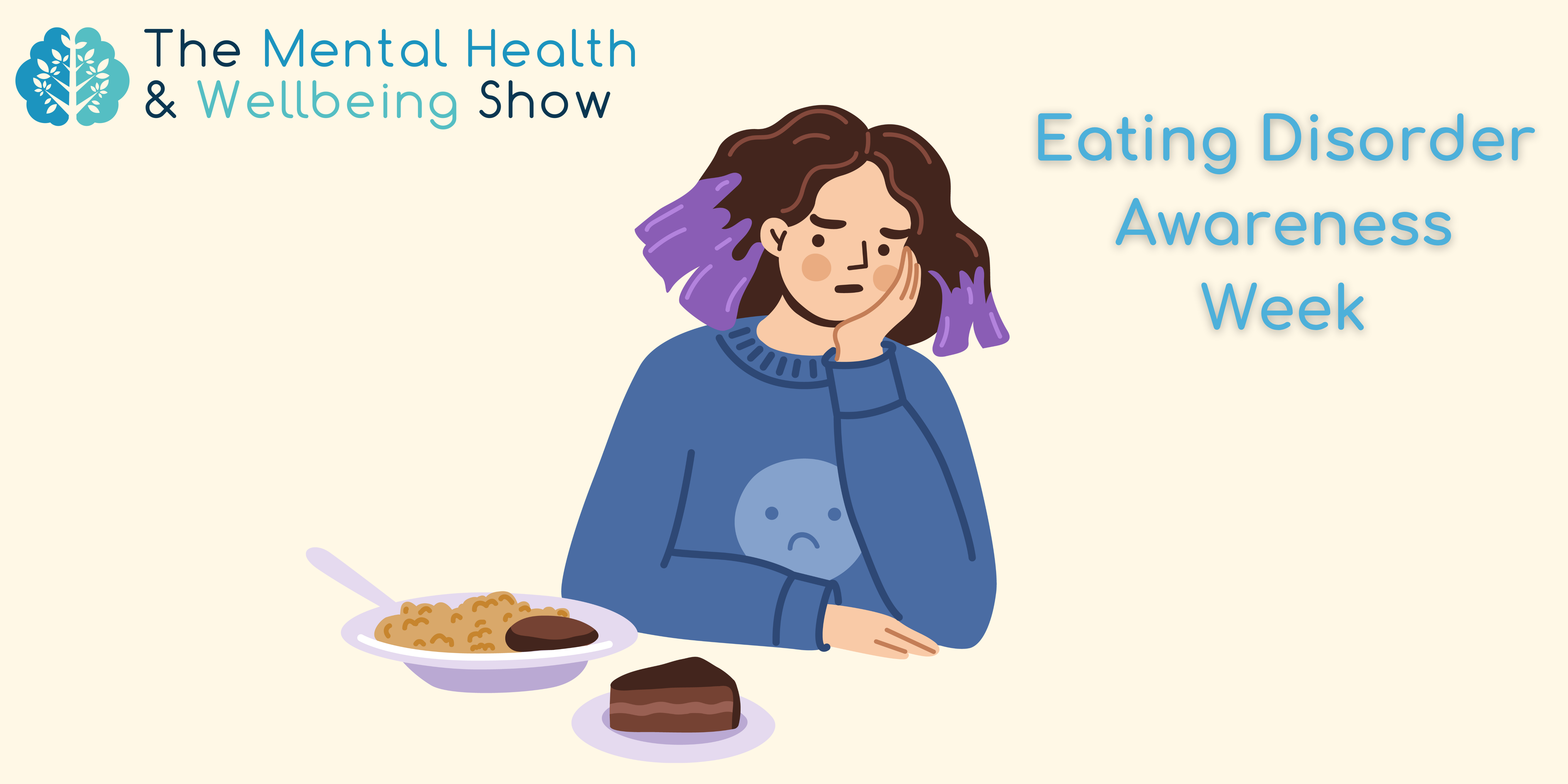
Eating Disorder Awareness Week runs from the 26th of February to the 3rd of March. In the spotlight this year is a health condition that often doesn’t receive the attention it merits: ARFID (Avoidant/Restrictive Food Intake Disorder)
Eating disorders are intricate and multifaceted mental health conditions that significantly impact the lives of those affected. As we delve into the complex landscape of eating disorders, it is important to gather understanding, disregard myths, and promote a compassionate approach to support individuals on their journey to recovery.
Understanding the Spectrum:
The spectrum of eating disorders encompasses a range of conditions, each with its unique characteristics and challenges. Anorexia nervosa, characterised by extreme food restriction, bulimia nervosa, marked by episodes of binge eating followed by compensatory behaviors, and binge-eating disorder, involving consuming large quantities of food without compensatory actions, are among the most prevalent diagnoses. Additionally, there are other specified feeding or eating disorders (OSFED), which may not fit neatly into the criteria of the more well-known disorders but still significantly impact individuals’ lives.
Understanding the diversity within this spectrum is crucial for recognising the nuances of each disorder and tailoring effective interventions. It goes beyond physical manifestations, delving into the intricate web of psychological, genetic, and environmental factors that contribute to the development and perpetuation of eating disorders.
Breaking Myths:
Myths and misconceptions surrounding eating disorders can perpetuate stigma, hindering individuals from seeking help and hindering the understanding of those around them. It’s essential to debunk these myths to create an environment conducive to empathy and support.
Contrary to popular belief, eating disorders are not solely about food or vanity. They are complex mental health conditions rooted in a variety of factors, including genetic predisposition, environmental influences, and psychological triggers. Understanding that eating disorders are not choices but rather serious illnesses is a crucial step toward fostering compassion and dismantling judgment.
The Role of Awareness: A Catalyst for Change
Eating Disorder Awareness Week serves as an opportune moment to shed light on the importance of awareness in challenging the status quo. By actively promoting education, dispelling myths, and encouraging open conversations, awareness becomes a catalyst for change.
Increased awareness plays a pivotal role in early identification and intervention. Recognising the signs and symptoms of eating disorders empowers individuals, friends, and family to initiate supportive measures before the conditions escalate. Awareness campaigns not only reach individuals struggling with eating disorders but extend to communities, schools, and workplaces, fostering an environment where seeking help is normalised and stigma is reduced.
The Power of Compassion: Creating Supportive Environments
Support is fundamental in the journey toward recovery from eating disorders. Friends, family, and communities can play a transformative role by embracing empathy, active listening, and unconditional support. Cultivating an environment where individuals feel safe to share their struggles without fear of judgment is essential.
The power of compassion extends to healthcare professionals, educators, and policymakers. Comprehensive and accessible mental health services, coupled with educational initiatives, can contribute to early intervention and improved outcomes for those affected by eating disorders.
The Intersectionality of Eating Disorders:
Eating disorders do not discriminate based on age, gender, race, or socioeconomic status. Recognising the intersectionality of these conditions is crucial for tailoring effective treatments that consider the unique experiences and challenges faced by individuals from diverse backgrounds.
Moreover, societal expectations, body image ideals, and cultural influences can intersect with the development of eating disorders. Acknowledging and addressing these intersections is essential for fostering a more inclusive and comprehensive approach to prevention and treatment.
Conclusion: Nurturing Hope and Healing
As we navigate the intricate landscape of eating disorders, it is essential to approach the subject with empathy, understanding, and a commitment to dismantling the barriers that hinder recovery. By breaking down myths, promoting awareness, and gathering compassion, we can all contribute to a world where individuals affected by eating disorders receive the support they need to start their journey of hope and healing.